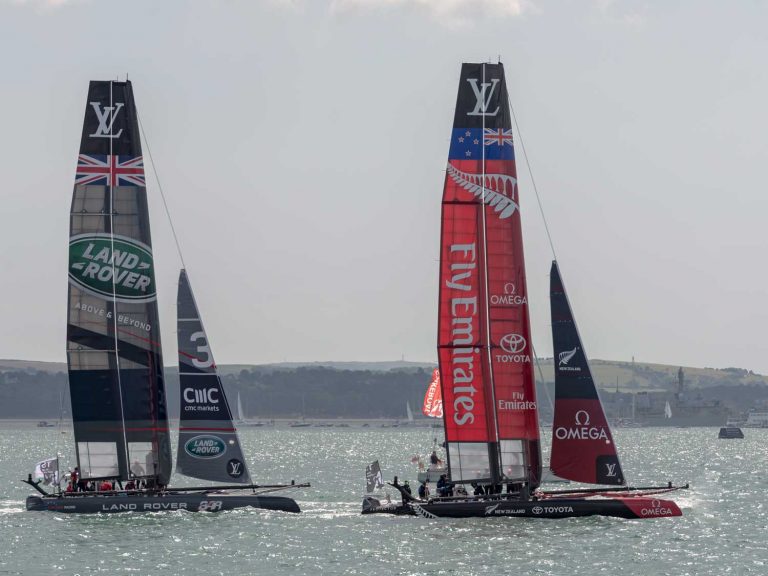
Date:
Environment matters
Managed well, supply chains reduce costs and enhance profitability, but the impact of climate change has highlighted the importance of sustainability and the need to improve supply chains to protect our ecosystem and preserve natural resources for future generations.
The supply chain plays a critical role in supporting environmental protection, by reducing its carbon footprint, with transportation alone a significant factor because it is a major user of energy and producer of pollution.
Sea freight carbon emissions increased by 63% in Q1 2024 compared to Q4 2023 largely due to containers being shipped from the Far East diverting away form the Suez Canal and around the the Cape of Good Hope, sailing an additional 5,800 nautical miles.
According to the United Nations, maritime shipping accounts for nearly 3% of global greenhouse gas emissions and the need to reduce emissions and move away from traditional fossil fuels is inspiring some amazing innovations.
Robot ships
Autonomy, robotics remote operation and artificial intelligence is already transforming shipping, with an an 80m (262ft) electric container ship running back and forth between a fertiliser plant and local port in Norway, while in Belgium and Japan there are ferries autonomously navigating between destinations and in China big autonomous container ships shuttle between coastal cities.
Ocean Infinity, a US/UK company, is building a fleet of 23 robot vessels which are prepared for green ammonia as a fuel with fuel cell and battery technology designed for an ultra-low carbon footprint.
Their fleet will survey the seabed for offshore wind farm operators and check underwater infrastructure for the oil and gas industry, with a 78m (255ft) vessel crewed by just 16, when a traditional ship carrying out the same kind of work would need a crew of 40 or 50.
The International Maritime Organisation (IMO) is currently considering the issues surrounding autonomy at sea and will introduce voluntary codes defining best practice by 2028.
The UK government has already taken a view on this topic and desires to incorporate the idea of remote masters into legislation.
Sail-power
Fitted with giant, rigid British-designed sails (or wings), the cargo ship Pyxis Ocean has been conducting sea trials for six months, with 11.2 tonnes of C02 emissions saved for each day the sails were up.
BAR Technologies, the UK firm which designed the wings, is seeking other ships to fit and the option to retrofit to an existing fleet could be appealing, but it will take decades to deliver the new ships needed for decarbonisation, with shipyards globally full and lead times averaging 3.5 years.
Certified carbon neutral for three years, Metro also supports the West Midlands Net Zero Business Pledge and the drive to make the West Midlands a net zero carbon economy by 2041.
Metro is leading the way, by taking positive action on proactive carbon reduction initiatives and offsetting projects, with ISO 14001 accreditation and membership of the Air France KLM Martinair Cargo Sustainable Aviation Fuel Partnership.
Metro is measuring and monitoring the emissions of every shipment, by every mode, for all of our customers, with offsetting alternatives, so they can work towards carbon neutrality in their global supply chain.
MVT Eco uses reporting methodology that is in conformance with the Global Logistics Emissions Council (GLEC) and incorporates 30 pre-built charts and downloadable statements, to simplify Scope 3 reporting compliance for customers in the EU and UK.
The MVT ECO module is available free-of-charge to customers on their MVT dashboard. To request a demo or discuss your requirements, please EMAIL Ian Powell.
